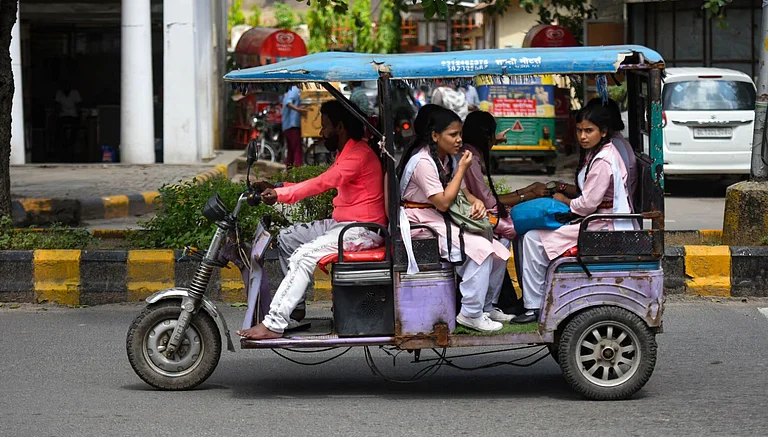The appointment of Ajit Doval as NSA, Arvind Gupta as his deputy and Suresh Prabhu and Jayant Sinha as Union ministers has put the spotlight on think-tanks in India. Doval was director of the VIF. Gupta was director general of the Institute of Defence Studies and Analyses (IDSA). Prabhu and Sinha were on the board of the India Foundation. Though non-partisan IDSA is one of India’s oldest, the VIF is a newbie, just five years old, about the same vintage as India Foundation; both begun with a BJP affiliation.
Suddenly, the think-tank space in India has come alive, and it’s better late than never. Think-tanks provide scholarly inputs to governments and the public on issues of national interest. They exist for the public good, incubating new ideas, tested by public debate, and often adopted as policy. They house experts, typically PhDs, who spend all their time on a particular subject—budget economics, Russia studies, or N-power. Reaching within think-tanks for advisors and policy is not new—in India or abroad. But India has largely not followed this path, preferring party loyalists over policy experts as inner circle advisors.
In the West, think-tanks and their capacious brain power have played a critical role for over a century, providing policy ideas to their governments—of late, they have been influencing other governments as well. Some are government-funded, some private-funded, and some are a mix of both. And they have proliferated: the US alone has 1,828 think-tanks, and they dominate the global discourse. India has 268 think-tanks, but only five make it to the annual University of Pennsylvania think-tank survey. The IDSA is one of them, consistently. It has played a critical role in India’s foreign and security policy over 50 years; but it is also staffed with former bureaucrats who know the system’s needs. Indian institutions are used as research shops for specific inputs, rather than for new ideas.
A new generation in India, however, wants fresh ideas. Geoeconomics over geopolitics, space studies over nuclear warheads. A new breed of think-tanks with private funding is emerging, like the VIF in Delhi, the Takshashila Institution in Bangalore and Gateway House in Mumbai. So are new educational curricula for policy studies—from the Jindal School to Manipal University. Hopefully, the growing industry of serious thought will push India up in the global rankings.
Executive director, Gateway Foundation, E-mail your columnist: manjeet.kripalani [AT] gmail [DOT] com
























